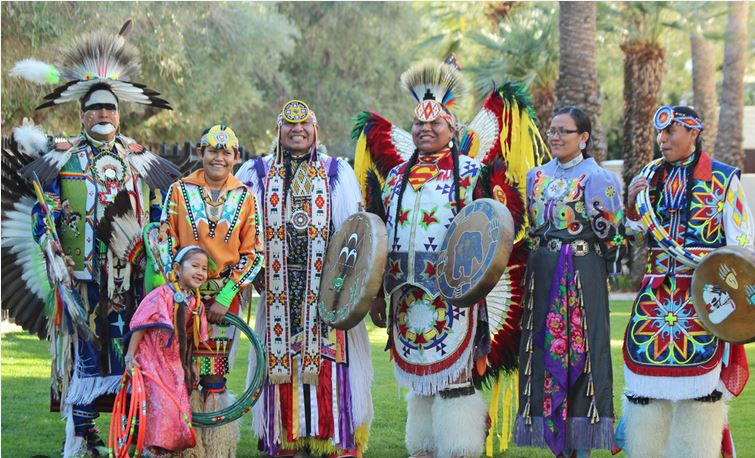Indigenous People of Canada: a People of Great Resilience and Heart
- academiaexhorter
- Oct 14, 2023
- 2 min read
Professor Dieu Hack-Polay

On this 2023 National Day for Truth and Reconciliation, Academia pro Christo has decided to devote its coverage to learning more about the Indigenous People of Canada. This in view to highlight some of the lessons from the past that our young people and generations must not forget but must learn from to define their societal project and safeguard a brighter future for humankind.
This coverage of the Indigenous People of Canada is within our series of “The Dark Side of Human History” in which we have addressed a number of disturbing aspects of human history, including the Majdanek Concentration Camp in Poland.
This short recording cannot do justice to the whole story that we ought to tell but it provide some pointers on which each person reading this article or listing to the recording must reflect.
Some key learning from the Truth and Reconciliation Day:
Canada is currently established on unceded territory. This means that the land on which we currently live and call Canada our home, is the land of the Indigenous People of Canada. European settlers gradually seized this land after Christoph Columbus discovered America in the 15th Century. The land grab was often violent and many Indigenous tribes were massacred and their descendants were forcibly disposed of the land.
It is estimated that 55 million indigenous people died in the colonial enterprise, depleting their population by 90 per cent.
Up to the 1990s, residential schools existed where indigenous children that were removed from their families were interned to forcibly westernize them and eradicate their culture and identity.
Today, most Indigenous people are forced to integrate the wider alien society. But due to historical dispossession and continuing discrimination, many experience hardship in our cities and town.
Those attempting to preserve the singular cultural heritage are confined in small reserves where the living conditions can be hard. Their traditional practices of hunting, fishing, and agricultural activities can collide with modern regulations, causing a cultural clash.
Despite the colonial calamity that fell upon them, the Indigenous people are going into the Truth and Reconciliation with grace and a godly attitude to peace.
Teachers cannot shy away from this cruel reality. We ought to talk about these things in our teaching. We ought to find a place in our courses for them so that the future generations that we are preparing do not forget these things. It is also important to pass onto future generation the lessons of grace, forgiveness and peace that the Indigenous people are teaching us: this is that the survival of humanity is through forgiveness, reconciliation and equitable rebuilding. This is professing the message of Jesus Christ through action, not just talk.
Professor Dieu Hack-Polay
Academia pro Chrsito
Email: academia.exhorter@gmail.com
Facebook: https://www.facebook.com/


Comments